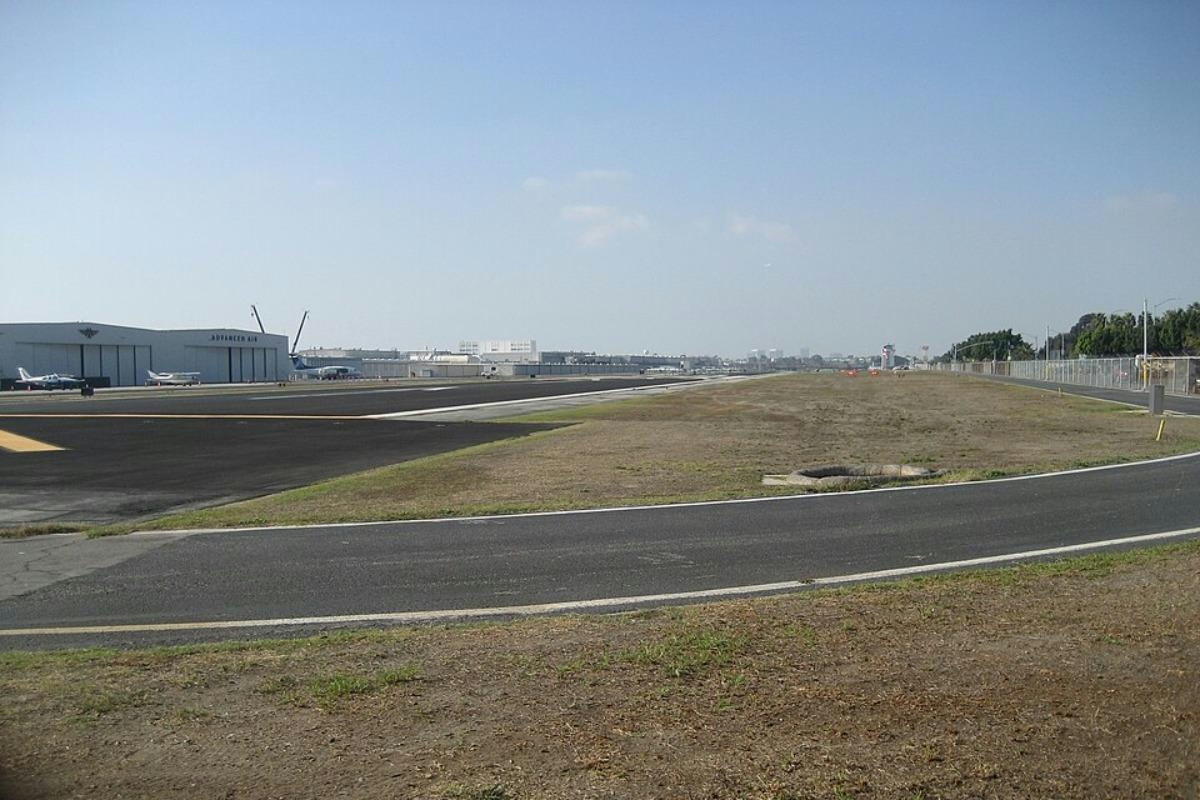
AeroGenie – Ihr intelligenter Copilot.
Trends
Categories
South Korea’s T’way Airlines Announces New Aircraft Deliveries
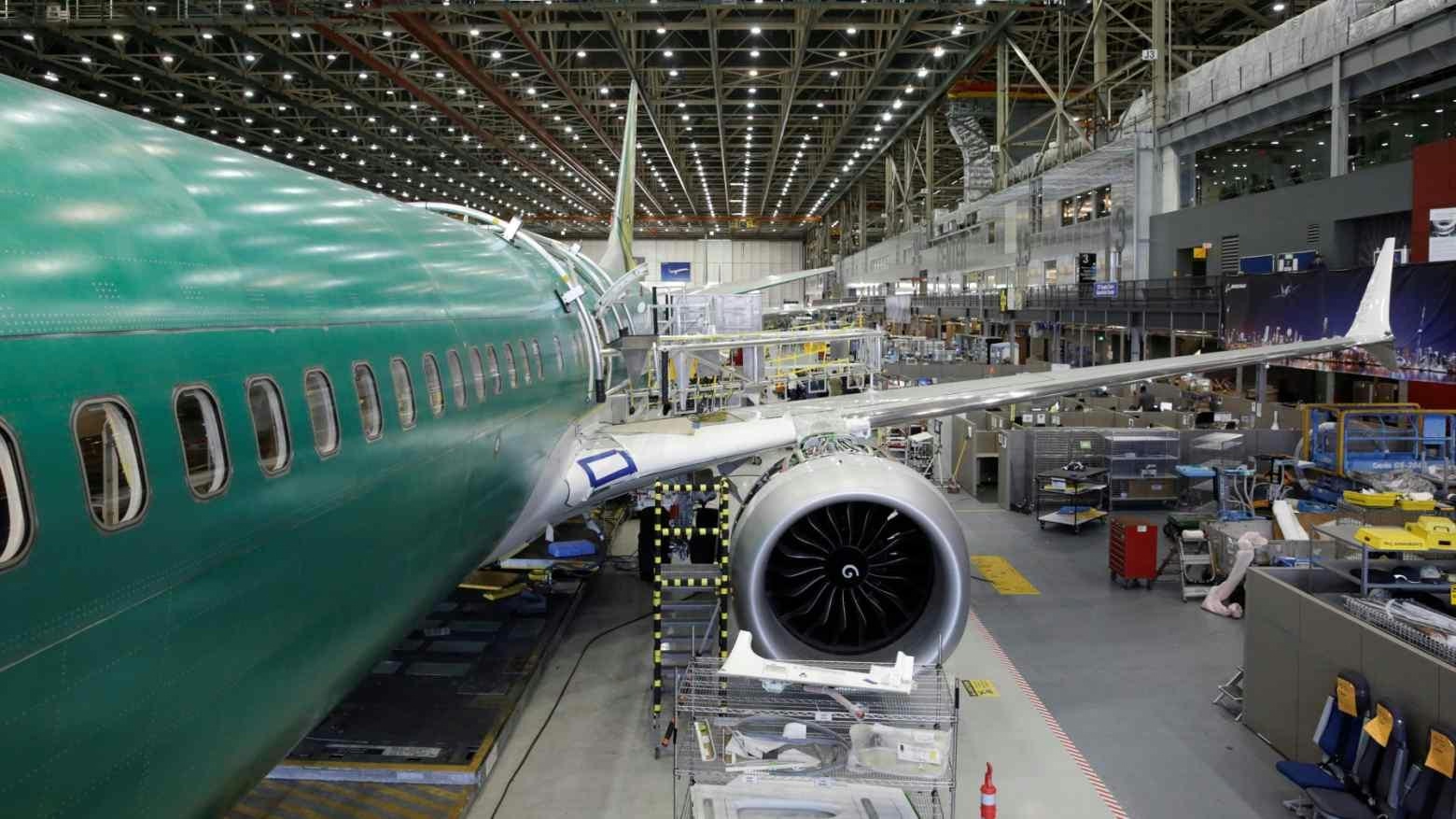
South Korea’s T’way Airlines Advances Fleet Renewal with New Aircraft Deliveries
South Korean low-cost carrier T’way Air is progressing steadily with its fleet renewal strategy, anticipating the completion of deliveries for its Boeing 737 Max 8 aircraft by 2027. The airline has placed an order for 20 of these jets, which will gradually replace its existing fleet of 26 Boeing 737-800s as the new aircraft enter service.
Recent Deliveries and Deployment Plans
On 19 June, T’way received its fourth Boeing 737 Max 8, registered HL8581, shortly after taking delivery of its third aircraft. This latest addition is initially slated to operate on routes between South Korea and Japan, before being deployed on longer-haul flights to Southeast Asia and other destinations in Northeast Asia. The introduction of these modern jets is expected to enhance operational efficiency and passenger experience on key regional routes.
In addition to expanding its narrowbody fleet, T’way has confirmed plans to take delivery of its first Airbus A330neo in 2026. The airline is leasing five A330neos from lessor Avolon, under an agreement announced earlier this year. These widebody aircraft are intended to replace the airline’s aging Airbus A330-300 and A330-200 models, supporting T’way’s ambitions to broaden its network and improve capacity on longer international routes.
Industry Challenges and Market Implications
T’way’s fleet expansion occurs amid ongoing challenges within the global aviation industry. Delivery delays have affected numerous carriers worldwide, with some pursuing legal action over postponed aircraft arrivals. T’way faces similar risks that could potentially disrupt its renewal timeline and operational plans.
Market responses to T’way’s fleet strategy are likely to be mixed. The airline’s renewed emphasis on safety, following previous fines related to maintenance lapses, may help restore passenger confidence. However, competitors may seek to exploit any operational disruptions to strengthen their market positions. Rival carriers are expected to adjust their strategies in response to industry-wide delivery delays and the increasing demand for new aircraft, factors that continue to influence the competitive landscape in Asian aviation.
Despite these uncertainties, T’way remains committed to modernizing its fleet, with the goal of enhancing efficiency and expanding its presence across Asia.
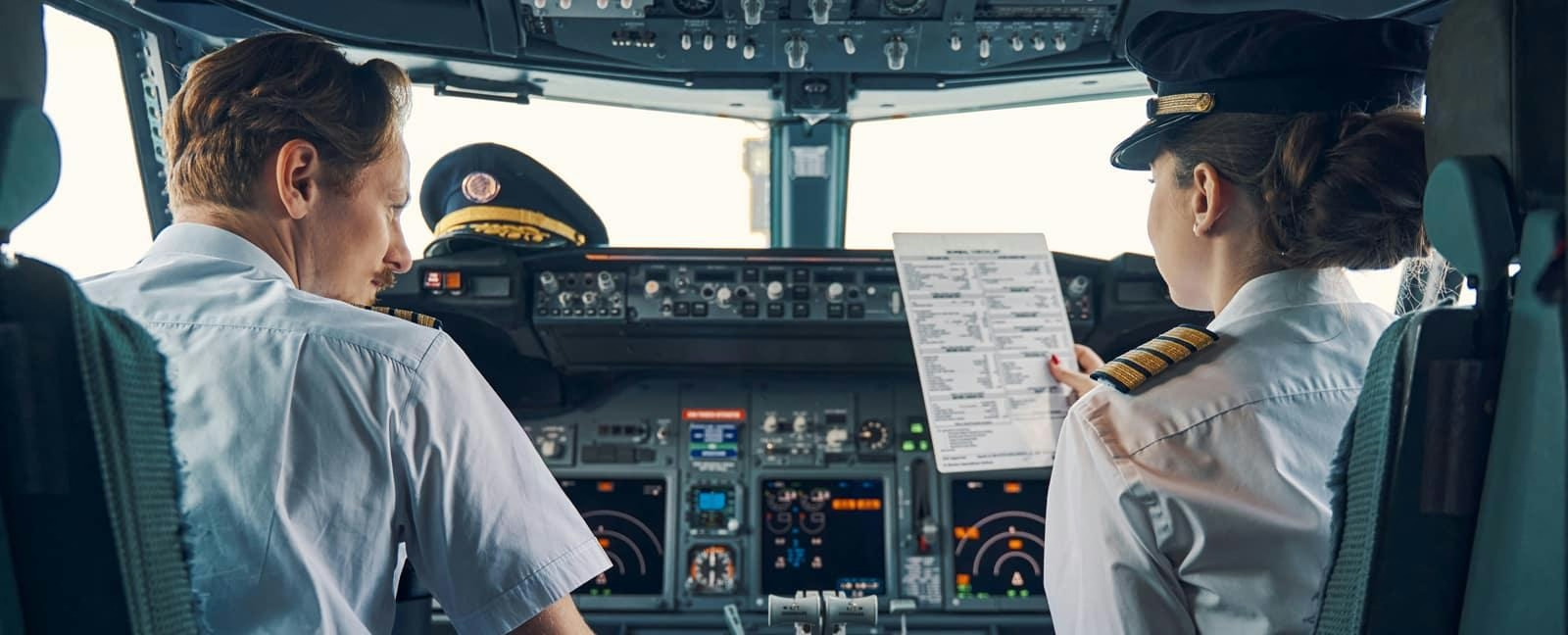
The Role of Flight Engineers in Modern Aviation

Emirates and Japan Airlines Introduce AI-Driven Safety Systems Amid Aviation’s Digital Shift

Asia-Pacific Low-Cost Carriers Strengthen Market Position
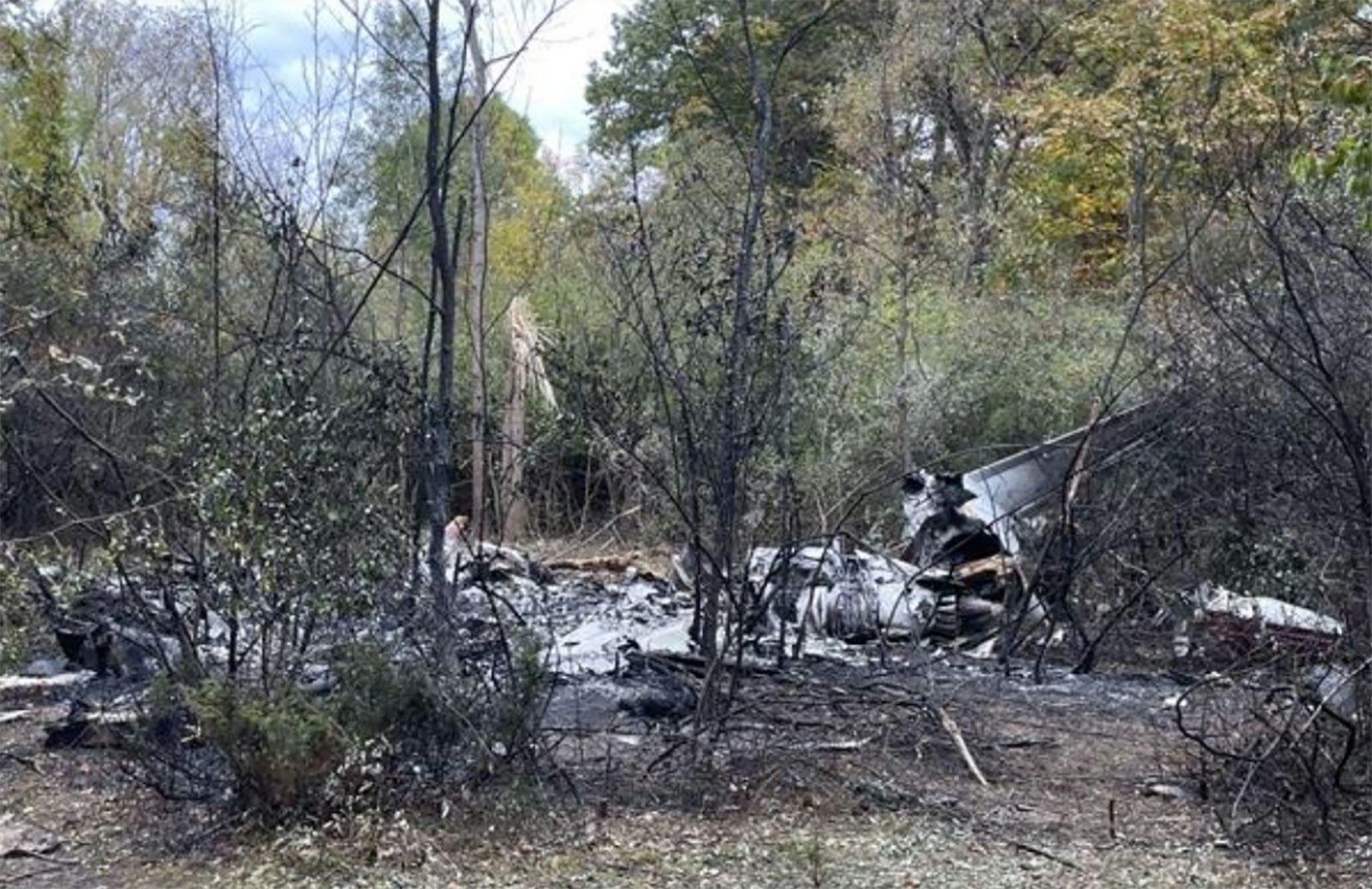
Hawker 800XP Crashes During Post-Maintenance Stall Test in Michigan
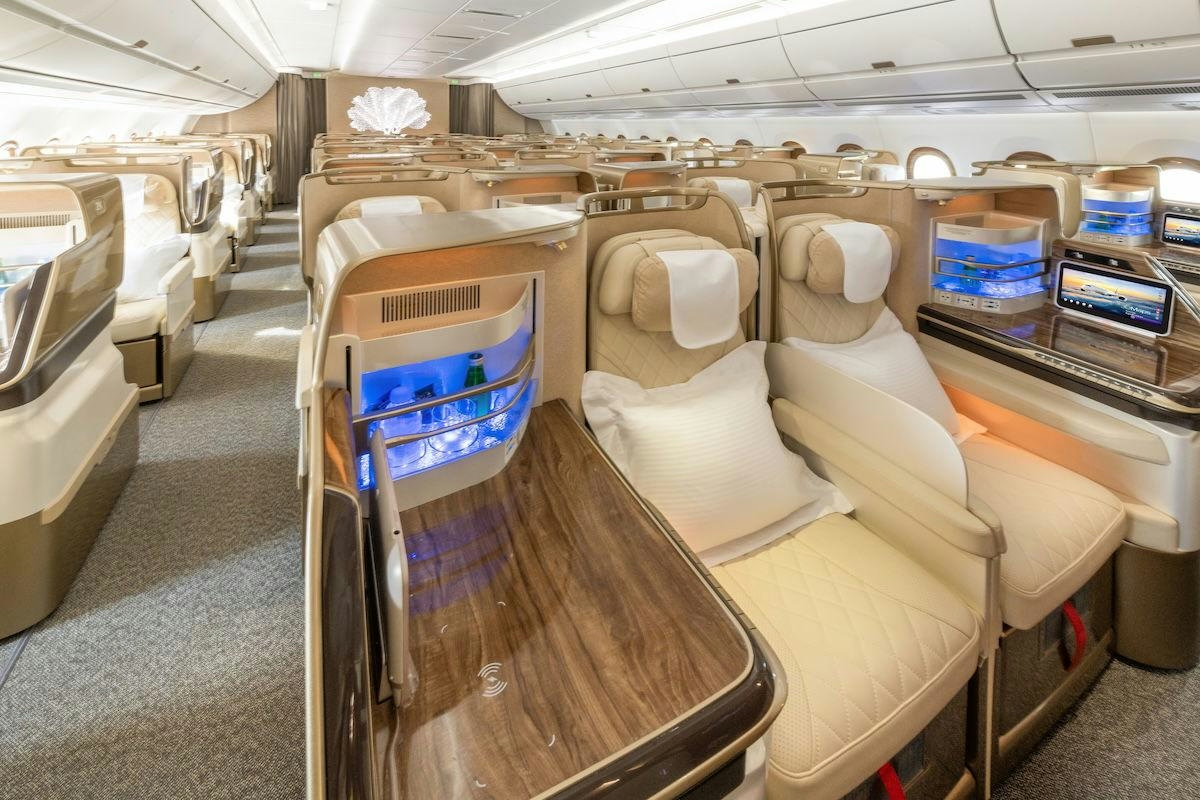
Emirates Plans to Order at Least 30 Airbus A350-1000 Jets
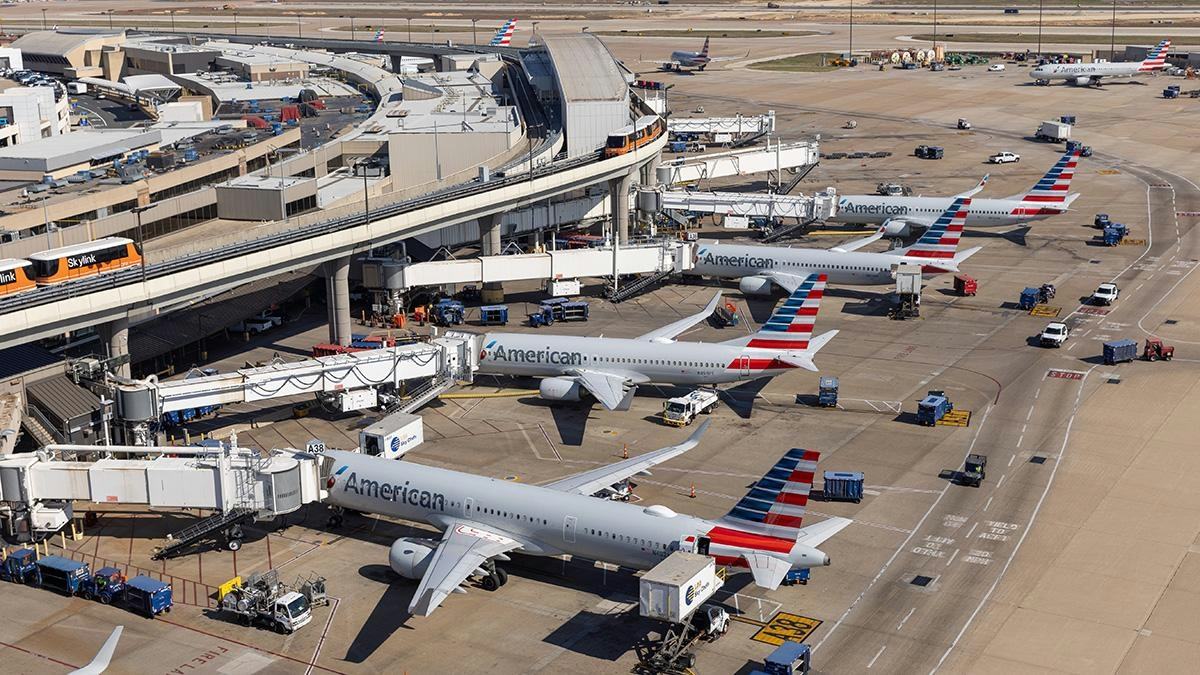
Airline to Operate World’s Largest Mainline Fleet in 2025
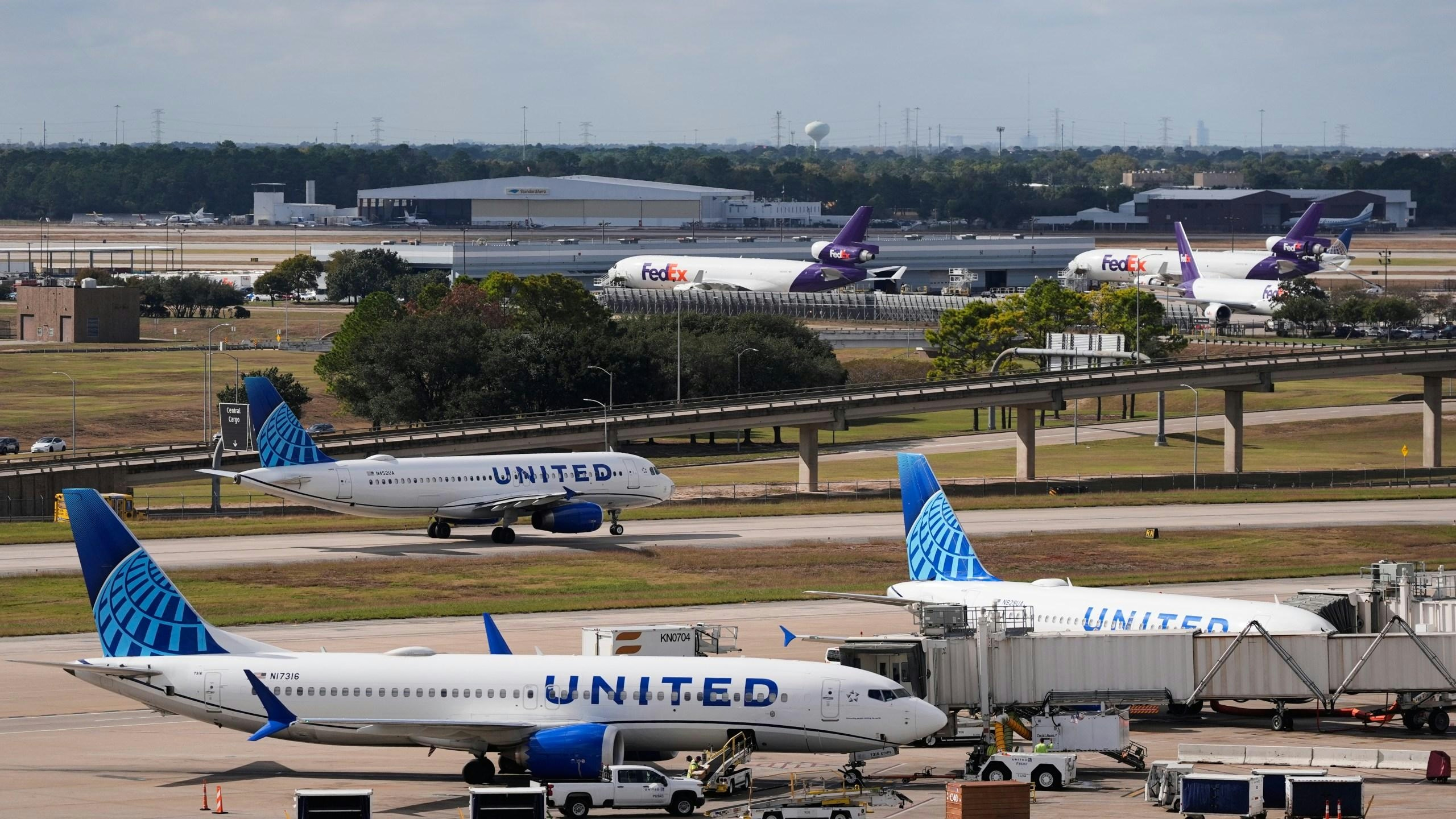
FedEx Anticipates Limited Impact from MD-11 Grounding

Carbonatik Signs ₹31,500 Crore MoU with Andhra Pradesh Government for Aviation, Ports, and Waterways
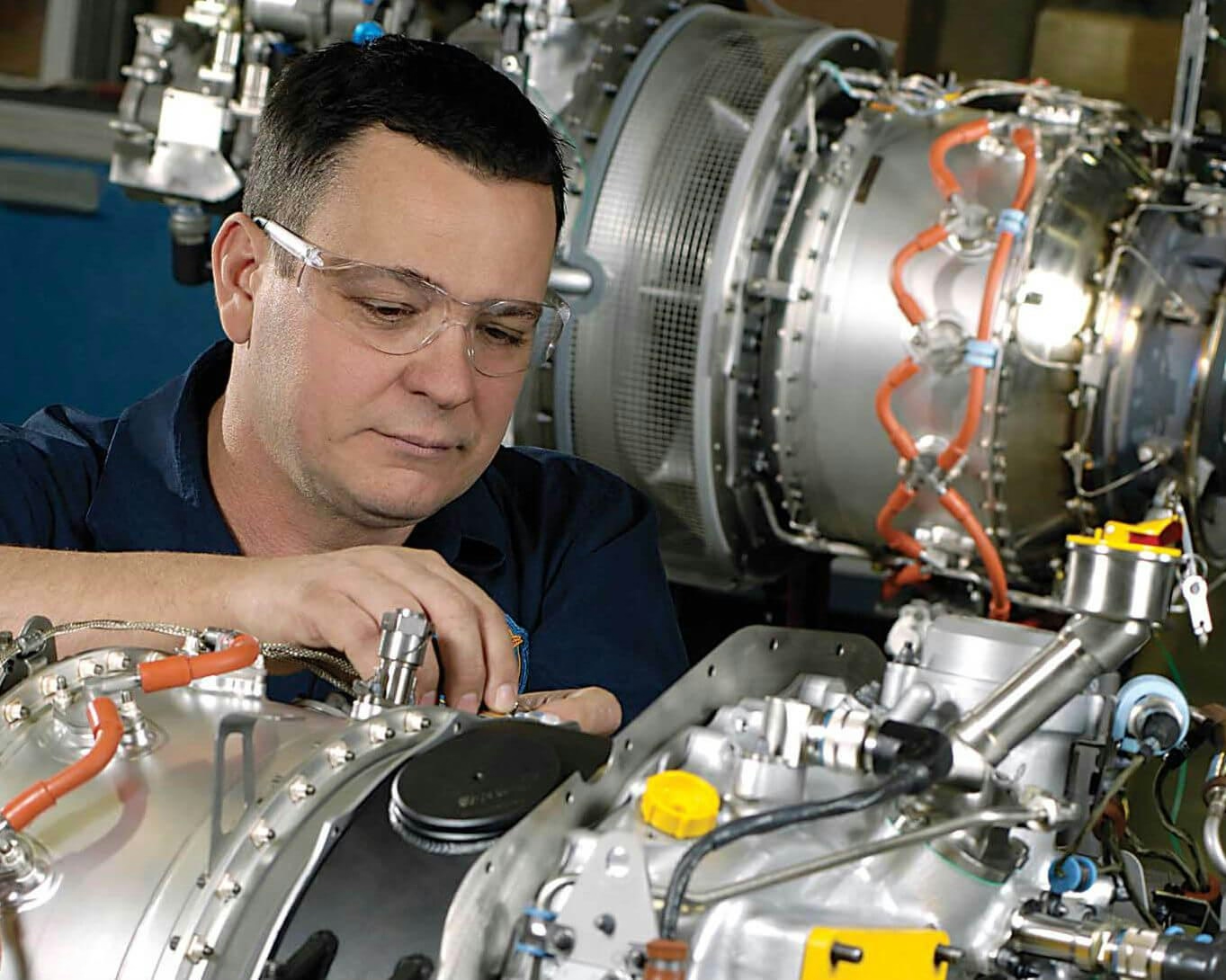
Pratt & Whitney Opens European Center Focused on Sustainable Propulsion
